Just because certain foods are known as superfoods, it doesn’t mean they provide complete nutrition for the body. In fact, no single food can offer all the health benefits, energy, and nutrition necessary for nourishment.
The 2015-2020 US Dietary Guidelines recommend healthy eating patterns. Ideally, you should combine healthy choices from across all food groups. And of course, pay attention to calorie limits.
Over the years, research has shown that healthy dietary patterns can offer great benefits to the body. They can reduce heart disease, certain cancers, diabetes, and high blood pressure.
There are a handful of diets that offer more than just weight loss. For example, the Mediterranean diet is mostly plant-based. It has demonstrated significant reduction of chronic disease as well as offering health benefits.
However, there are a few foods that should get special attention. These superfoods offer very important nutrients that can power-pack your meals and enhance a healthy eating pattern.
Superfoods List
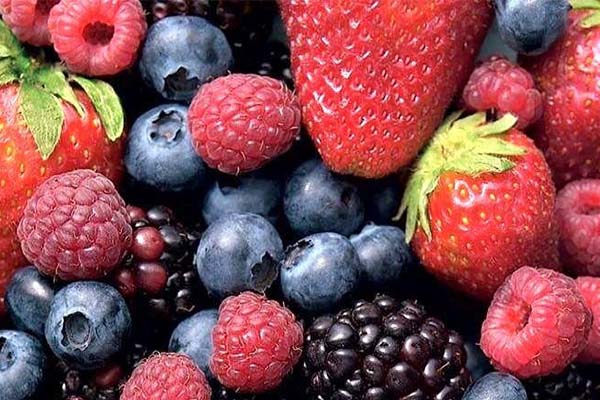
When berries are not in season, it’s just as healthy to buy them frozen. Add to yogurt, smoothies, cereals, or eat plain for a snack.
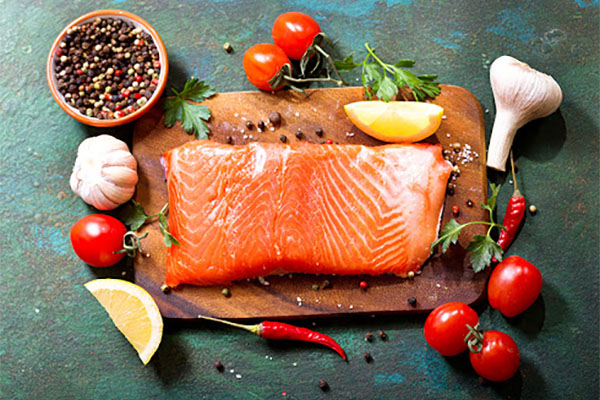
Buy fresh, frozen, or canned fish. Fish with the highest omega-3 content are, mackerel, trout, anchovies, salmon, herring, and sardines.
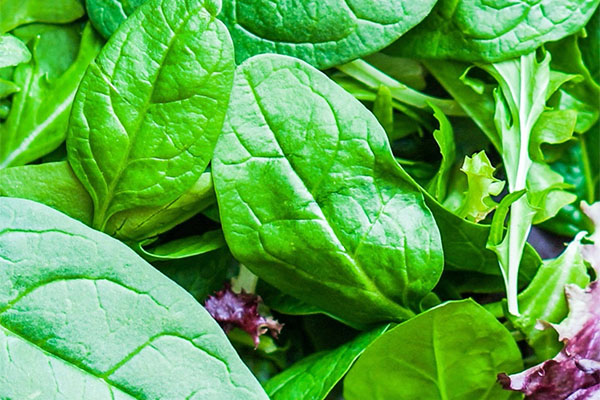
Try varieties such as spinach, kale, Swiss chard, or collard greens. Throw them into salads or sauté them in a little olive oil.
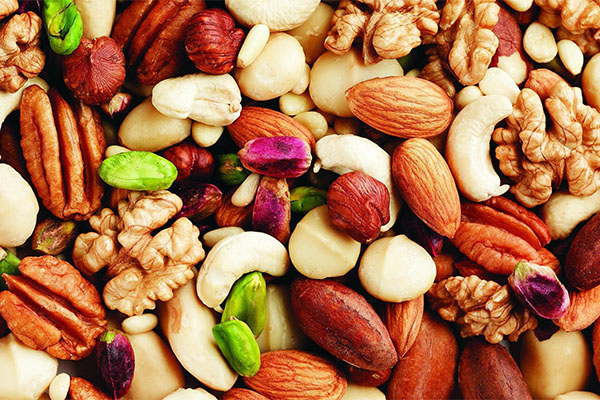
Add a handful to oatmeal, yogurt, or have as a snack. But remember, they are calorically dense, so limit to a small handful.
You may also enjoy reading: How To Taste Coffee Like A Barista
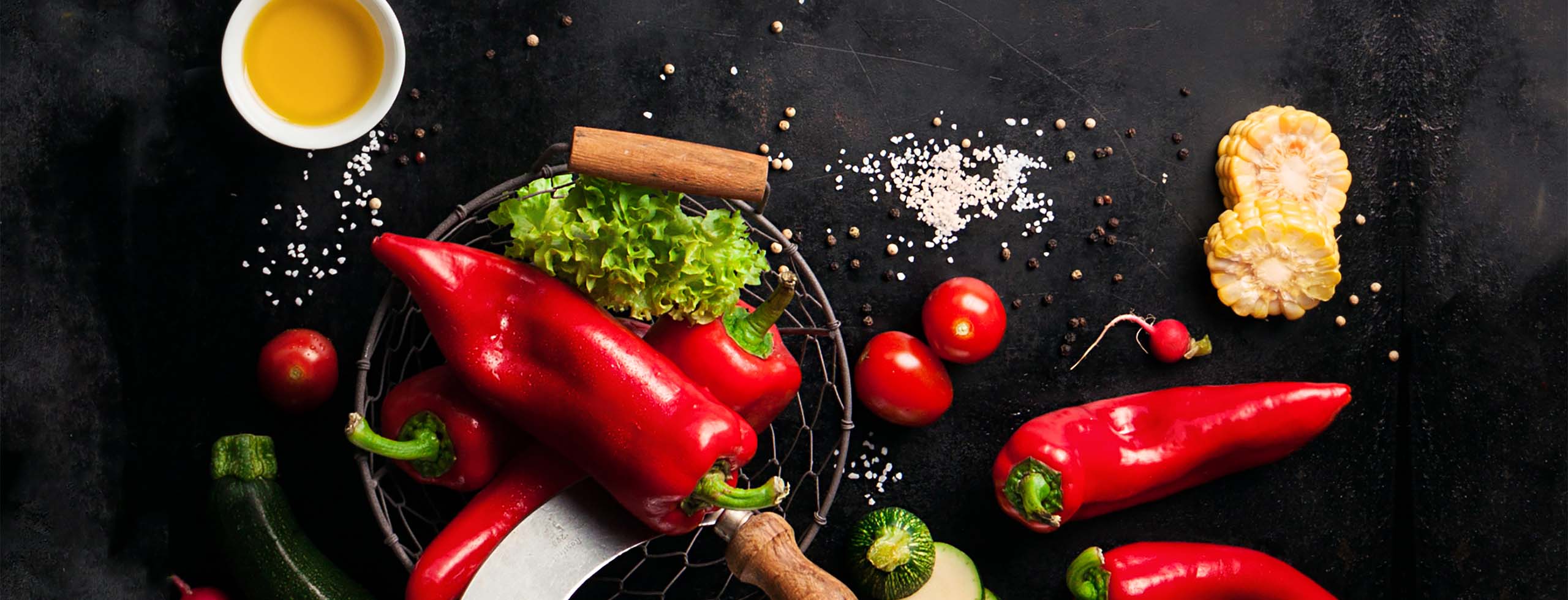











Leave a Reply